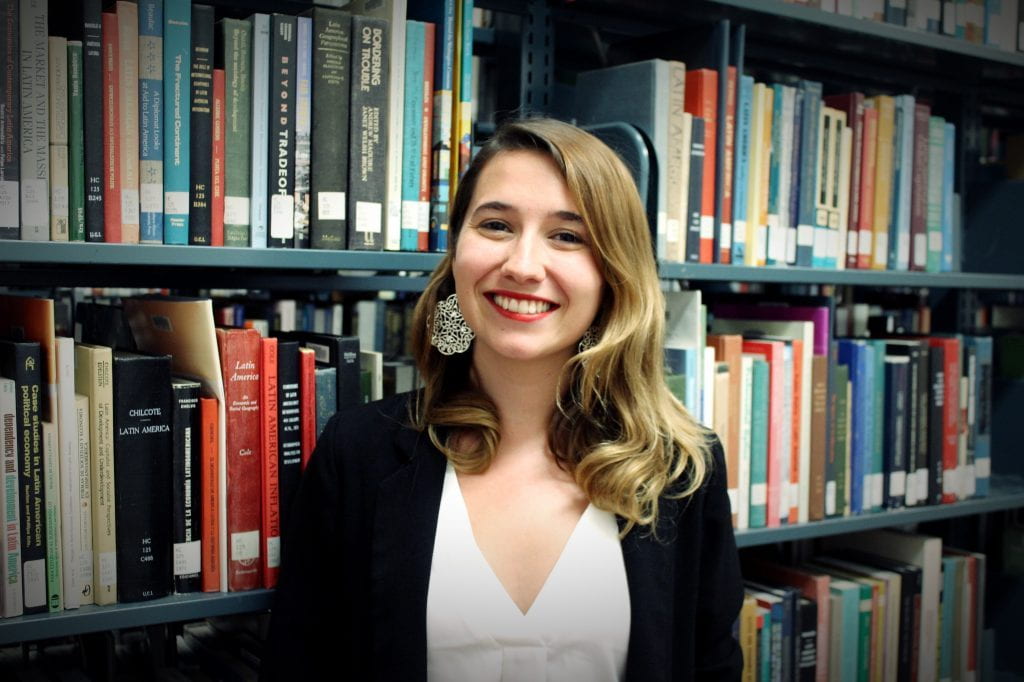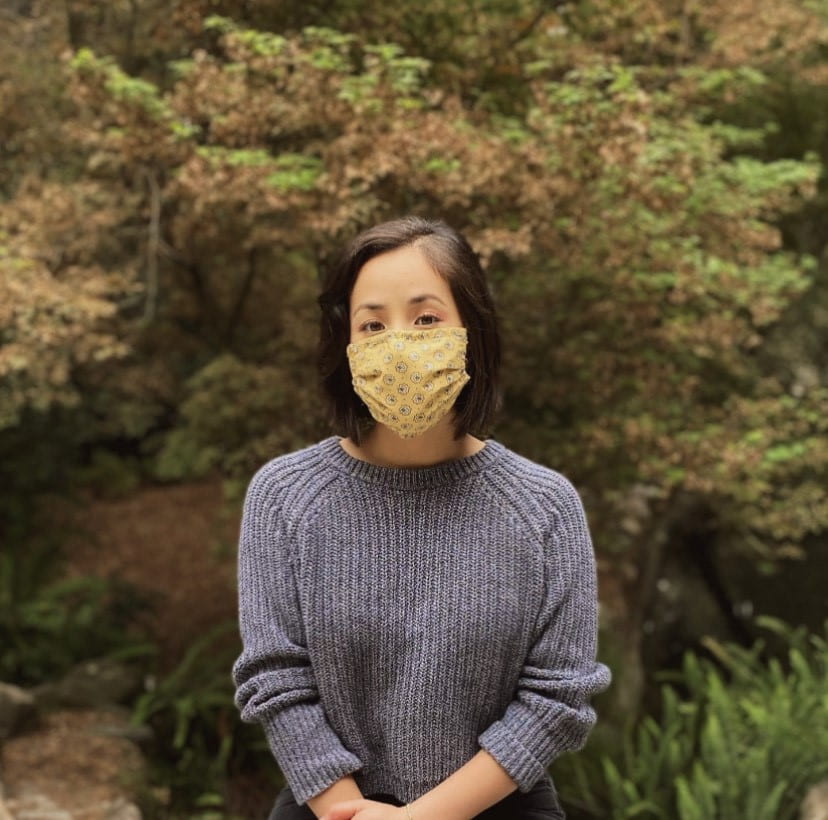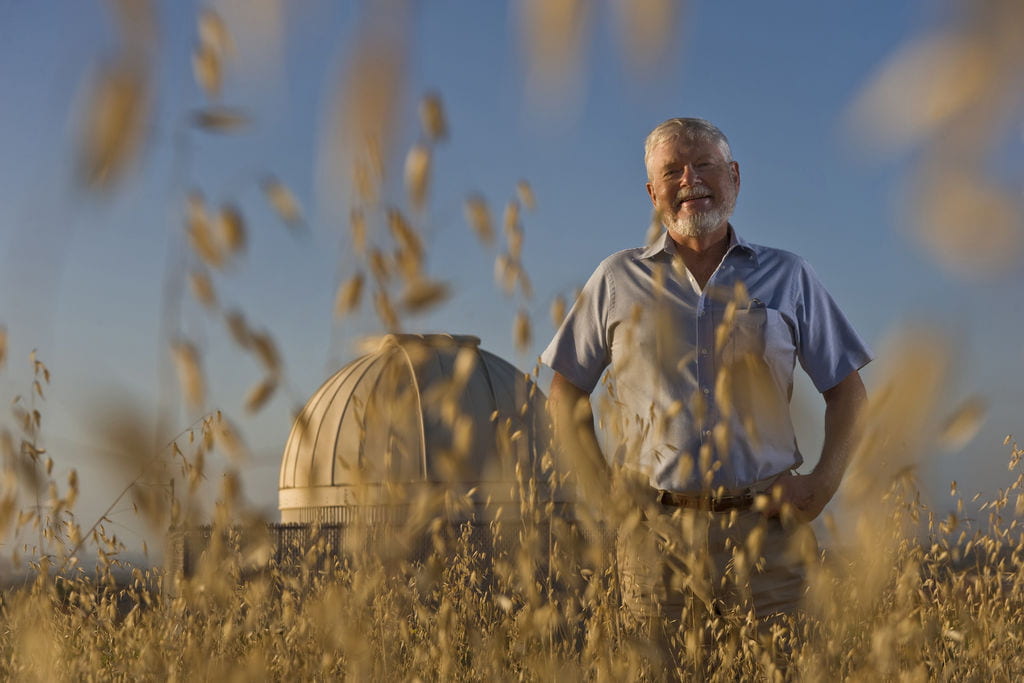Innovative UCI fellowships help fill virus-created void
Grad students facing financial hardships due to COVID-19 get both funding and a chance to learn new skills
In a pandemic-driven period of lost income opportunities for graduate students across the nation, UCI stepped up to fund fellowship programs for those at UCI. About 300 students were awarded fellowships by the Division of Teaching Excellence and Innovation to be trained in online instruction to help faculty members transition to remote teaching for the upcoming academic year.
The DTEI fellowships offered graduate students a chance to develop skills in curricula, pedagogy and online design while also offering a safety net as internships and other summer jobs dried up in the face of COVID-19. All fellows participated in a 10-week online instruction workshop and received $5,000. After 20 hours of training, they got to put their new skills to use working with faculty and instructional designers – as well as via peer groups – throughout the summer to revamp UCI curricula for the 2020-21 school year.
“UCI was the first UC campus to create a program like this,” says Gillian Hayes, vice provost for graduate education and dean of UCI’s Graduate Division. “It’s this kind of innovative approach to serving our students that makes me proud to work at UCI. I especially love that this group of well-trained, enthusiastic students will take this knowledge with them wherever they go after graduation, spreading their training to others.”
Here are firsthand accounts from four DTEI fellows.
Raquel García Perales, a Ph.D. candidate in the Department of Spanish & Portuguese

As a teaching assistant within my home department of Spanish and Portuguese, I’m funded for the nine months of the school year, but I do not get any funding during the summer. As such, I save what I can during the year in order to cover my living expenses in the summer. Being an international student, I also have the burden of travel costs and fees.
I am so grateful for the fellowship and other awards I was granted this year, because they made navigating these unprecedented and difficult times dealing with COVID-19 manageable. I was able to travel to be with my family in Minnesota at the onset of the campus closure and, later, to Spain, paying for a flight that was my only chance to fly back to my Spanish family. Staying on campus was not recommended, and this was my only choice if I wanted to see my family before the close of international borders to the U.S.
It was a pleasure to work and train as a DTEI fellow. I learned strategies to teach online, served as an online teaching consultant for my department and helped create some of the online Spanish courses. It was a really good experience that I would recommend to anyone. One learns, obtains experience and receives the help necessary to cover one’s expenses during the summer. I hope UCI will make this funding available every summer to help all graduate students, no matter how they’re paid during the year normally. I am beyond thankful for this opportunity afforded to me.
Ann Thuy-Ling Tran, a fourth-year graduate student in the Department of Comparative Literature

Like others, I also became responsible for providing familial child care when the pandemic hit. As K-12 switched to remote instruction in the middle of our spring quarter, my sister and her husband had to continue their work in healthcare in one of the major outbreak centers.
Watching my 2- and 11-year-old nephews from 7 a.m. to 5:30 p.m. on weekdays meant that I had to move in with them, while still paying rent at my current place of residence. And since my summer tutoring job hours were cut drastically in response to the pandemic, my ability to stay afloat hinged on institutional initiatives like the DTEI summer fellowship for graduate students.
In my fellowship training, I collaborated with Qian Du, a faculty member in the academic English program, to develop ways to better address international students’ access issues that many instructors had encountered in the previous two quarters, such as active-learning instructional materials, Canvas sandboxes and inclusive syllabi templates.
The DTEI fellowship helped fund my training and preparation for fall remote instruction without worrying about how to financially support myself through the summer. In the extra hours of the day in which I would have tutored, I was funded to engage with faculty in preparing the school to provide a more intentional remote-learning experience for our undergraduates. I am grateful that the university helped drastically alleviate many graduate students’ financial concerns.
Beverly Jane Bautista, a second-year graduate student in the Department of Dance

My profession as a dance teacher, choreographer and performer was challenged during my time in quarantine, and it seemed like I was put into a remote-learning boot camp. I was so thankful to have received this fellowship because it came at the perfect time. A “normal” summer would include me traveling to various parts of the United States to teach at different dance studios or assist choreographers at dance conventions, but this summer all of my opportunities entailed teaching Zoom dance classes online. I found myself helping other people learn how to navigate Zoom because my knowledge of it felt more and more confident.
The DTEI fellowship was supportive toward learning skills surrounding online pedagogy. My commitment was 200 hours, including 20 hours of training, to support online dance classes in the Claire Trevor School of the Arts. These were originally in-person classes that needed to transition into remote-learning environments, and I was excited to start the process but had no idea what to expect.
I also helped contribute to the curriculum for a mock audition dance class for high school students in UCI’s online Summer Academies LITE. Because of the DTEI fellowship, I, thankfully, did not have to worry about finances during a tough time in the American economy. I continue to be grateful for the ability to build skills from this fellowship that will undoubtedly transfer into jobs I will apply to in the future.
Daniel Gardner, a sixth-year Ph.D. candidate in the Department of Informatics

While many of the DTEI summer fellows worked closely with a single faculty member to help them transition to and construct their remote teaching, I was embedded in a team dedicated to supporting DTEI’s Digital Learning Institute and some of the general DTEI functions. The Digital Learning Institute is a seven-week faculty development program designed to improve digital and remote-learning competency. I had the chance to engage with faculty from across campus and several disciplines to help them develop their remote active-learning strategies, practice with various third-party remote-learning tools, and transition key components of their upcoming classes to remote instruction.
I found the experience incredibly rewarding, because it’s rare that grad students are given the opportunity, responsibility and trust to mentor faculty and because teaching these pedagogical skills and tools helps reinforce and evolve my own toolkit. Working through pedagogical challenges in remote instruction and diverse disciplinary contexts allowed me to improve my own pedagogical agility, as few solutions are one-discipline-fits-all.


